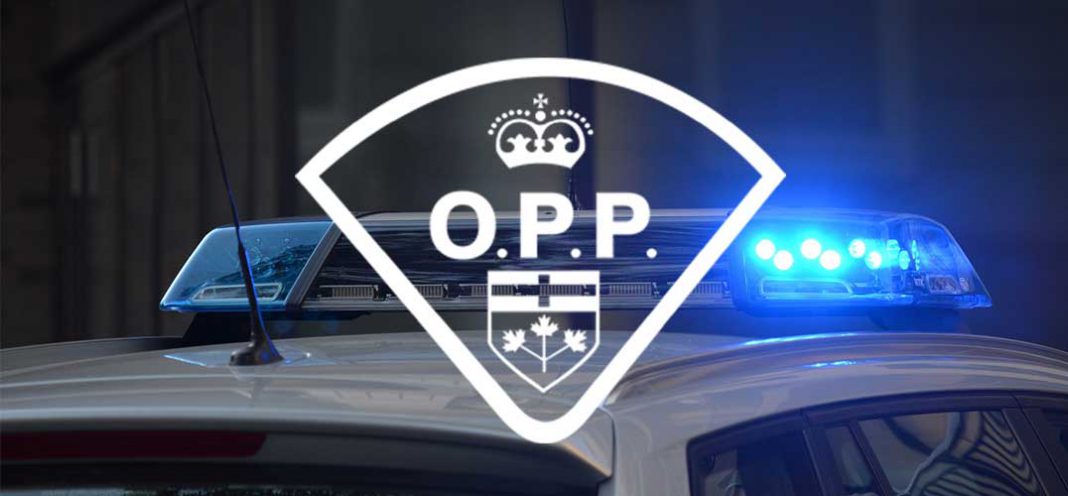MANITOULIN – Members of the Greater Sudbury Police Service and the Ontario Provincial Police (OPP) are undergoing training on new drug detection systems for use in gathering information about impaired individuals.
At a recent meeting of the Manitoulin Municipal Association (MMA), the group voted to support lobbying efforts to have cannabis laws mirror the restrictions on alcohol use, such as banning public consumption of the substance.
The province has banned cannabis use in certain locations such as near schools, hospitals and municipal buildings, but enforcement falls to the responsibility of a municipality. By mirroring alcohol laws, the association hoped enforcement could be conducted by police officers.
Technology to detect impaired motorists at roadside traffic stops is improving but still not at the level to be considered a reliable method of determining impairment levels.
Greater Sudbury Police Service corporate communications co-ordinator Kaitlyn Dunn said the Sudbury force has purchased six Draeger DrugTest 5000 units for drug screening purposes only, not for investigations. The units can detect the presence of both cocaine and THC, the psychoactive component in cannabis.
“For impaired investigations, we still rely on drug recognition experts and field sobriety tests,” said Ms. Dunn.
The devices merely detect the presence of these compounds and cannot accurately predict the exact level of impairment in an individual. Due to this restriction, it will be most useful for drivers who have zero-tolerance licencing classes such as commercial motor vehicle drivers, those in an early stage of the graduated licencing system and young drivers.

OPP northeast regional media co-ordinator Shona Camirand said the force’s provincial traffic operations department will be getting approximately 23 of the devices and the program will be on the road very soon.
This equipment uses oral fluid (saliva) to determine the presence of the above two compounds. It was approved for use by the Ministry of Justice and Attorney General of Canada in August 2018.
A controversial case in Nova Scotia saw a multiple sclerosis patient who is prescribed medicinal cannabis fail a roadside machine drug test but pass the field sobriety tests. She had not used the substance for seven hours. However, even though she was determined to be sober, her license was suspended for a week and her car was impounded due to her failing the roadside screening.
The Royal Canadian Mounted Police have since said that these outcomes were made in error and apologized. However, the incident raises questions about enforcing the laws surrounding cannabis impairment in Canada.




